Politics
End war via talks or I will end it by force
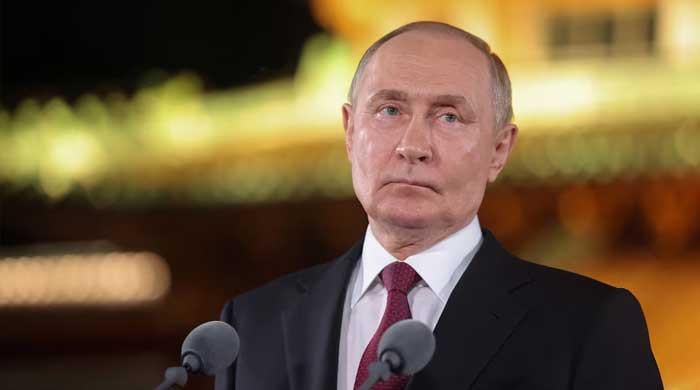
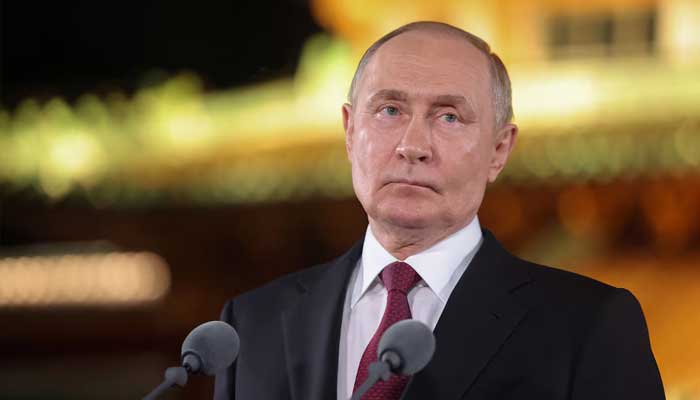
Russian President Vladimir Putin told Kyiv on Wednesday there was a chance to end the war in Ukraine via negotiations “if common sense prevails”, an option he said he preferred, but that he was ready to end it by force if that was the only way.
Speaking in Beijing at the end of a visit that resulted in an agreement on a new gas pipeline to China, Putin said he perceived “a certain light at the end of the tunnel”, given what he said were sincere efforts by the United States to find a settlement to Europe’s biggest land war since World War Two.
“It seems to me that if common sense prevails, it will be possible to agree on an acceptable solution to end this conflict. That is my assumption,” Putin told reporters.
“Especially since we can see the mood of the current US administration under President (Donald) Trump, and we see not just their statements, but their sincere desire to find this solution… And I think there is a certain light at the end of the tunnel. Let’s see how the situation develops,” he said.
“If not, then we will have to resolve all the tasks before us by force of arms.”
However, Putin indicated no willingness to soften his long-standing demands, including that Kyiv abandon any idea of joining NATO and that it end what Moscow says is discrimination against Russian speakers.
He said he was ready to hold talks with Volodymyr Zelenskiy if the Ukrainian president came to Moscow, but that any such meeting had to be well prepared and lead to tangible results.
Ukraine’s foreign minister dismissed as “unacceptable” the suggestion of Moscow as a venue for such a meeting.
Far apart
Zelenskiy has been pressing to meet Putin to discuss the terms of a possible deal even though the two sides remain far apart. He has urged Washington to impose further sanctions on Russia if Putin does not agree.
Trump — who has been trying to broker a peace settlement — has also said he wants the two leaders to meet and has threatened, but not yet imposed, secondary sanctions on Russia.
Putin, whose economy is showing signs of strain after being hit with sweeping Western sanctions, said he would prefer to end the war diplomatically, “by peaceful means”, if possible.
Russia claims to have annexed four Ukrainian regions, a claim Kyiv and most Western countries reject as an illegal land grab backed by a colonial-style war of conquest.
Politics
Turkiye detains 115 alleged Daesh members
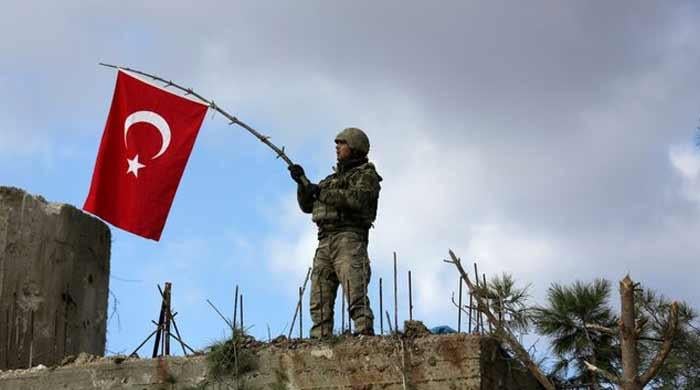
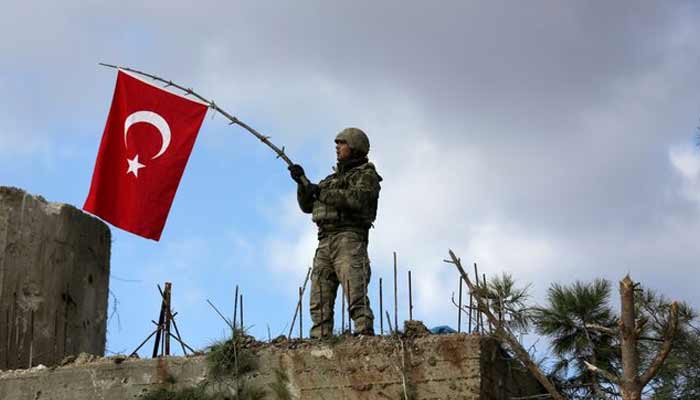
Some 115 alleged members of Daesh suspected of planning attacks during the end-of-year holidays have been arrested in Turkiye, Istanbul’s prosecutor general said on Thursday.
His office said he had ordered the arrest of 137 people, of whom 115 so far have been detained, “following intelligence indicating that the Daesh terrorist organisation was planning attacks during Christmas and New Year celebrations”.
Turkiye shares a 900-kilometre (559-mile) border with Syria, where terrorist groups are still active.
Washington recently blamed a lone Daesh gunman for an attack in Palmyra, Syria, on December 13 in which two US soldiers and an American civilian died.
This week, Turkiye intelligence agency also conducted an operation on the Afghanistan-Pakistan border area, capturing a Turkish national who it said held a senior role in the Daesh.
At the time of his arrest, Mehmet Goren, since transferred to Turkiye, was accused of organising suicide attacks targeting civilians in Afghanistan, Pakistan, Turkiye, and Europe.
Politics
Helicopter is crash dawn, five people killed
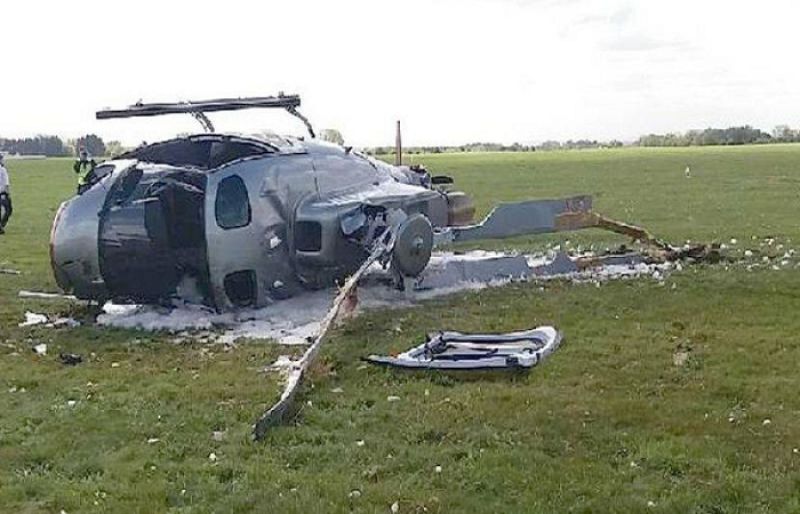

A helicopter crashed on Tanzania’s Mount Kilimanjaro, killing five people, the civil aviation authority said on Thursday, while local media reported that the aircraft was on a medical rescue mission.
The helicopter crashed near the mountain’s Barafu Camp on Wednesday, Tanzania Civil Aviation Authority said in a statement.
Mwananchi newspaper and East Africa TV, citing Kilimanjaro region’s head of police, Simon Maigwa, reported that the helicopter was on a medical rescue mission.
Among the dead were a guide, a doctor, the pilot and two foreign tourists, Mwananchi cited Maigwa as saying, without giving the tourists’ nationalities.
Mount Kilimanjaro, Africa’s highest peak, is nearly 6,000 meters (20,000 ft) above sea level.
The crash happened between 4670 and 4700 metres, Mwananchi reported.
Around 50,000 tourists climb Kilimanjaro annually.
Politics
Christians celebrate Christmas around the world
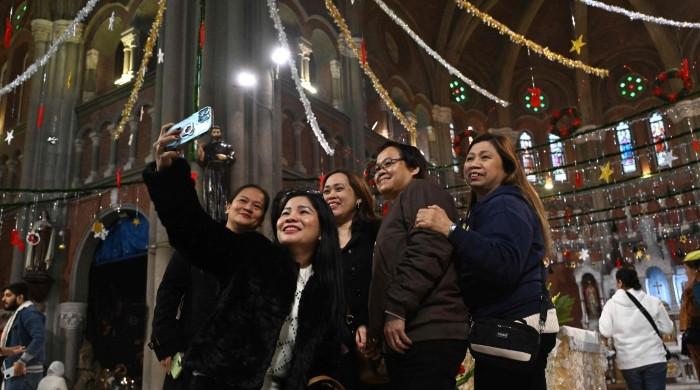
Christmas was observed across the world on Thursday as people around the world in prayers and traditional festivities with religious devotion and celebrations.
With churches lit up and decorated with Christmas trees, worshippers took part in services
Pope Leo XIV held the first Christmas mass of his pontificate, greeting thousands of faithful gathered in St Peter’s Square before the service.
During the mass, Leo said Christmas was a feast of “faith, charity and hope” and criticised a “distorted economy” that “leads us to treat human beings as mere merchandise”.
Before, he spoke in front of St Peter’s basilica to offer Christmas wishes and thank those who had come to follow the mass on outdoor screens despite rainy weather.


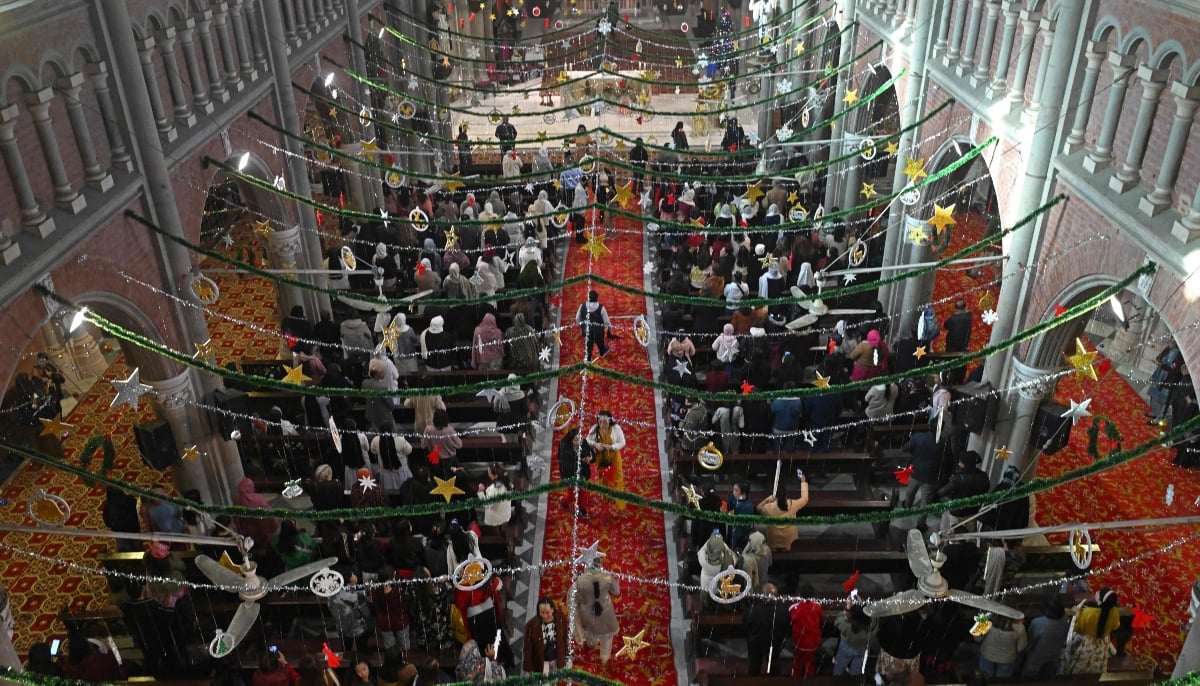
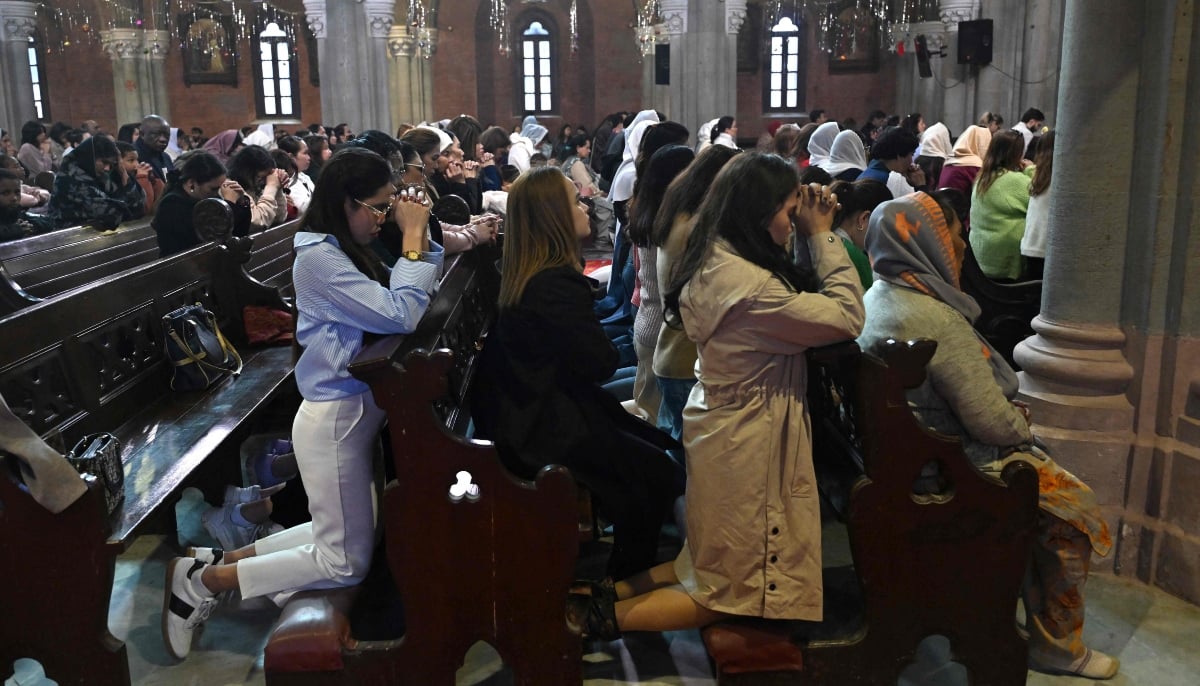
“St Peter’s is very large but unfortunately it is not large enough to receive all of you,” he told the crowd of around 5,000 people.
The US pope has adopted a more discreet and moderate style to that of his charismatic predecessor Francis, who died on April 21.
The mass was attended by high-ranking Church figures, diplomats and around 6,000 faithful.
Leo stuck to a very religious homily without any direct reference to current affairs.
The ceremony celebrates the birth of Jesus Christ and is one of the most important days in the Catholic Church calendar.
The service combines traditional music with symbolic gestures such as placing a statue of the baby Jesus in a cradle.

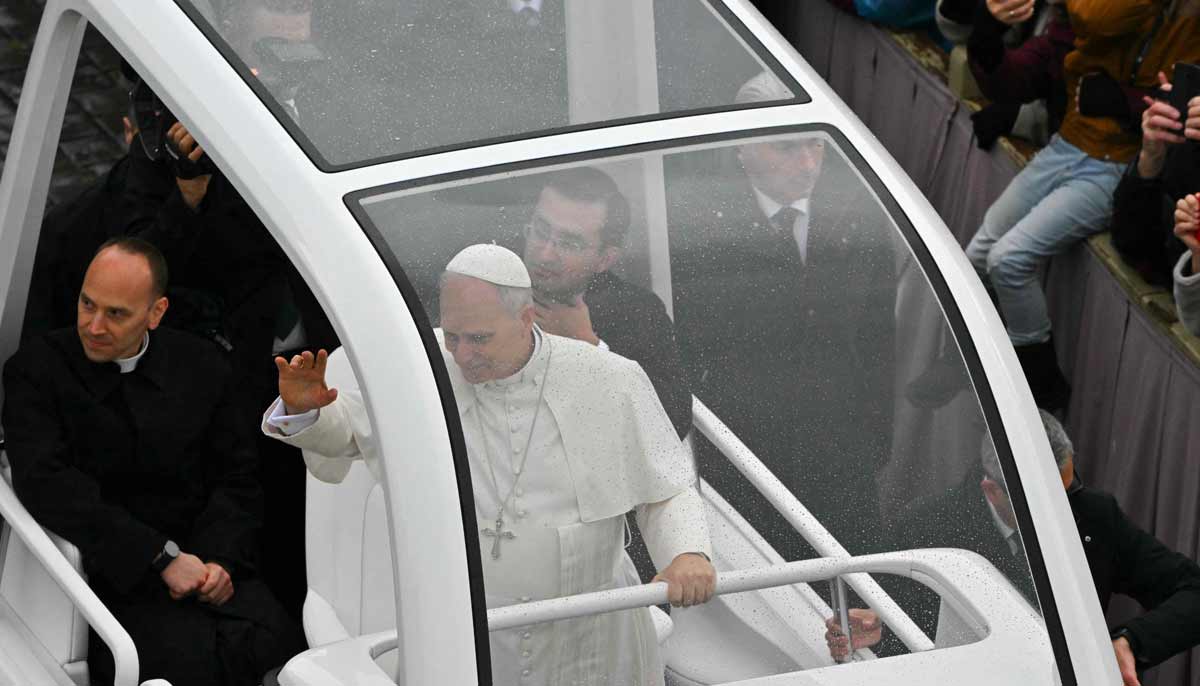
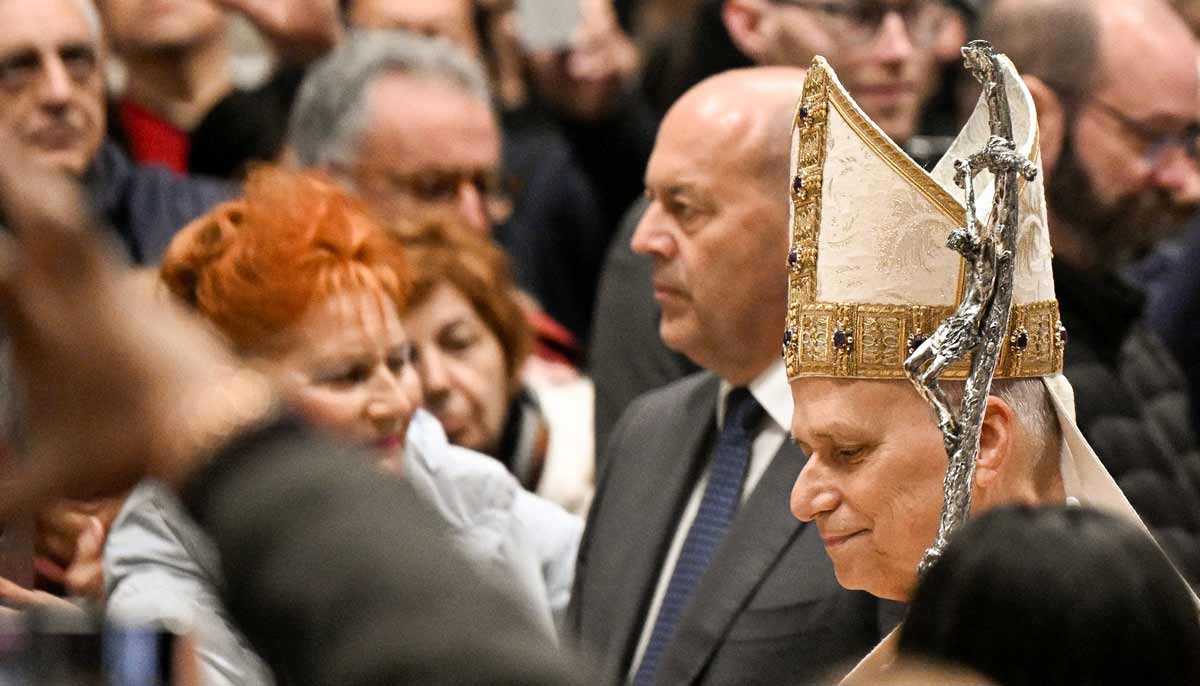



-

 Fashion1 week ago
Fashion1 week agoIndonesia’s thrift surge fuels waste and textile industry woes
-

 Tech1 week ago
Tech1 week agoT-Mobile Business Internet and Phone Deals
-

 Business1 week ago
Business1 week agoBP names new boss as current CEO leaves after less than two years
-

 Sports1 week ago
Sports1 week agoPKF summons meeting after Pakistani player represents India in kabaddi tournament
-
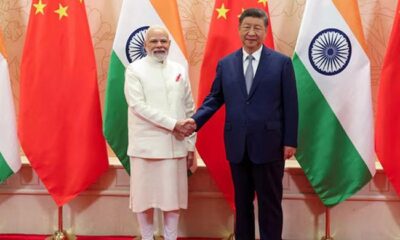
 Entertainment1 week ago
Entertainment1 week agoIndia streamlines visa rules in boost for Chinese professionals
-

 Sports1 week ago
Sports1 week agoUWCL grades for all 18 teams: Leuven get A+; Barça an A-, PSG fail
-
Sports5 days ago
Alabama turned Oklahoma’s College Football Playoff dream into a nightmare
-

 Entertainment1 week ago
Entertainment1 week agoRadiation fears rise after cracks found in $2 billion Chernobyl shield






